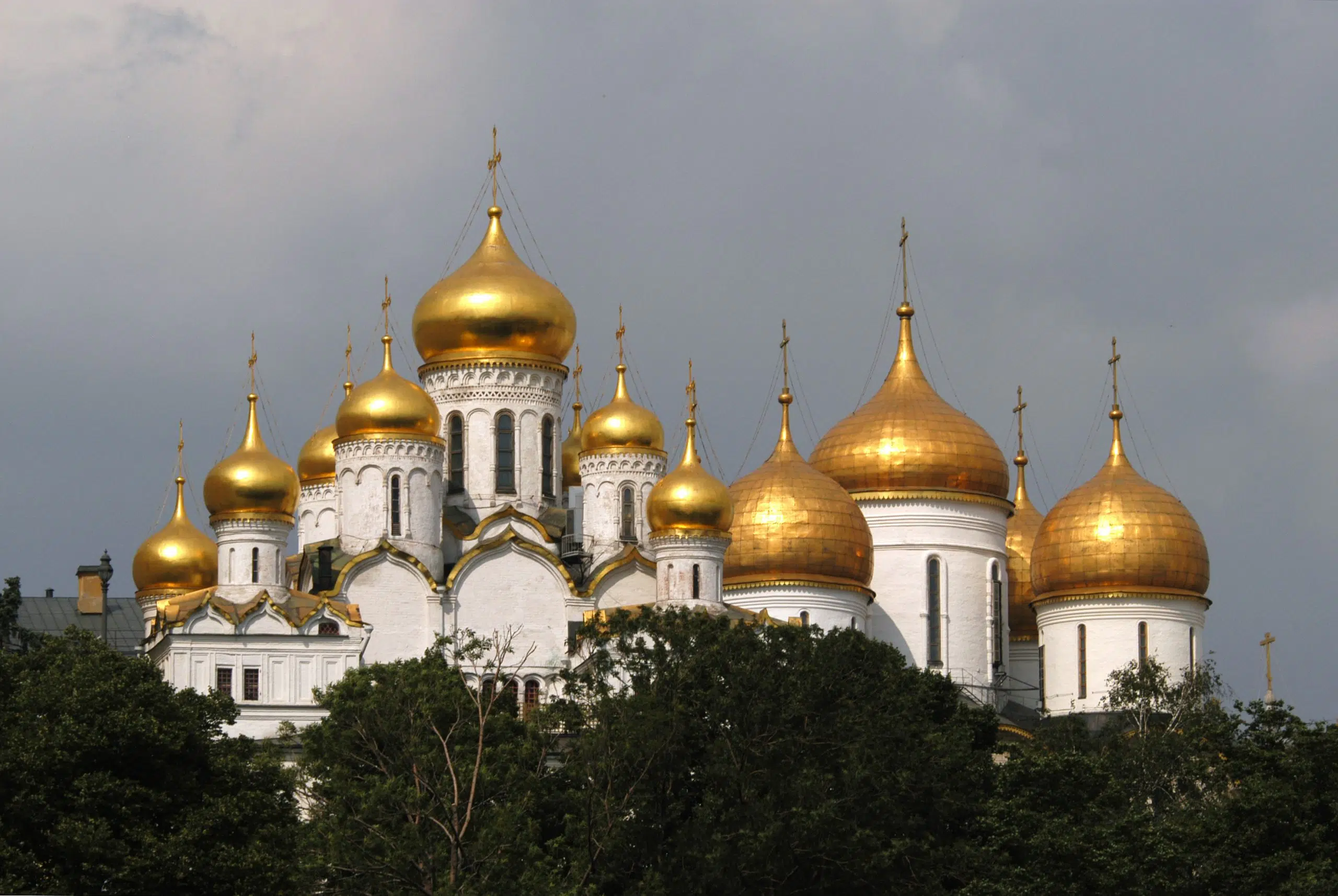
CHARBONNEAU: How Russia could determine our next prime minister
DID YOU HEAR ABOUT the Canadian commandos who slipped into the Donetsk People’s Republic in eastern Ukraine in 2016? The commandos were targeting the new Republic which, with the help of Russia, was seeking independence. It was a surgical strike to incapacitate the breakaway region.
While it was widely circulated on social media, it’s not true. An English translation of the story was shared over 3,000 times on Facebook alone. A similar story blew up on pro-Russia websites this last May. The new iteration, which spread even more widely, suggested that three Canadian soldiers were killed after their car hit a land mine while they were being escorted by the Ukrainian military (Walrus magazine, December, 2018).
It’s part of Russia’s disinformation campaign to discredit the North Atlantic Treaty Organization and sow general discontent and division — a sophisticated drive in which lies are mixed with truth.
It works. Russia’s Internet Research Agency managed to affect the outcome of the 2016 U.S. election. It microtargeted Facebook ads to stir up conflict in an appeal to patriotism, honour, inequality, race, nationality, and LGBTQ+ rights.


